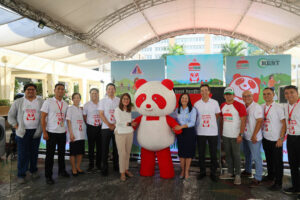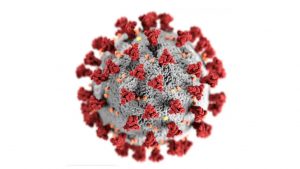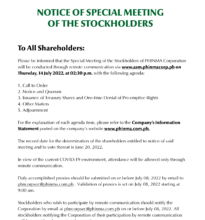Ajinomoto pilots incentivized recycling program for sari-sari stores

AJINOMOTO Philippines Corp. (APC) on Monday introduced its first SariCycle single-use plastic (SUP) collection and incentive program for sari-sari stores in Quezon City to manage their waste output.
The pilot initiative aims to collect 40 metric tons of flexible SUPs within the next six months, Ernie S. Carlos, APC chief sustainability officer, said in an interview with BusinessWorld.
It will provide “environmental points” for flexible plastic packaging collected by sari-sari store and market stall owners, which can be exchanged for goods from partner establishments. Additional points will be granted for Ajinomoto packaging exchanges.
“Sari-sari stores play a very vital role in sustainability because of their demand,” Mr. Carlos said.
Sari-sari stores are small retail shops commonly found in residential areas in the Philippines, selling a wide range of consumer goods, from food and beverages to household items, especially in small quantities.
There are about 1.3 million sari-sari stores in the Philippines, which 94% of consumers depend on for daily needs, according to the Asian Preparedness Partnership.
Excluding those without paid employees, there are 40,549 sari-sari stores in the country, according to the Philippine Statistics Authority.
“In production, the cost of packaging material is more costly than content,” Mr. Carlos said. “If you get rid of the packaging material, then you get more value for your product.”
However, he noted that this is a closer reality for non-food and beverage products, hence Quezon City’s refilling station initiative in sari-sari stores for cleaning agents and detergents only.
“We would like to use it soon. Can you imagine vetsin being sold in a one-gallon bottle by the gram? It’s a possibility,” he added.
“But we are a sachet society, and that would remain. We needed to make a program to help manage this kind of development.”
APC has partnered with Basic Environmental Systems and Technologies, Inc. to collect and process the collected plastic. “It can be converted into pallets and used for coprocessing in cement factories as fuel,” Mr. Carlos noted.
It aims to evaluate its pilot run before expanding the program to other municipalities, eyeing neighbors in the metropolitan area such as Taguig and Pasig, he added. — Miguel Hanz L. Antivola




